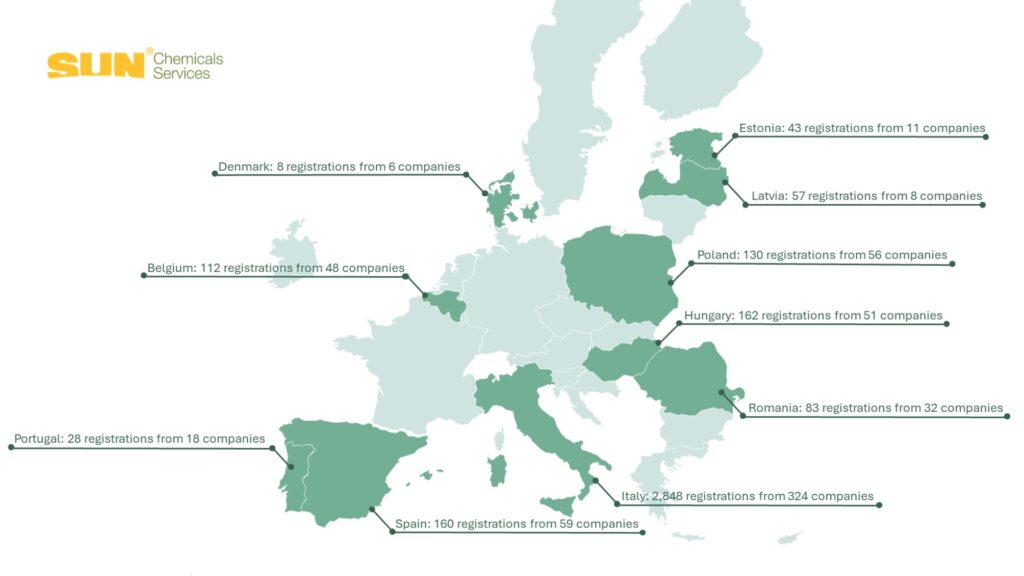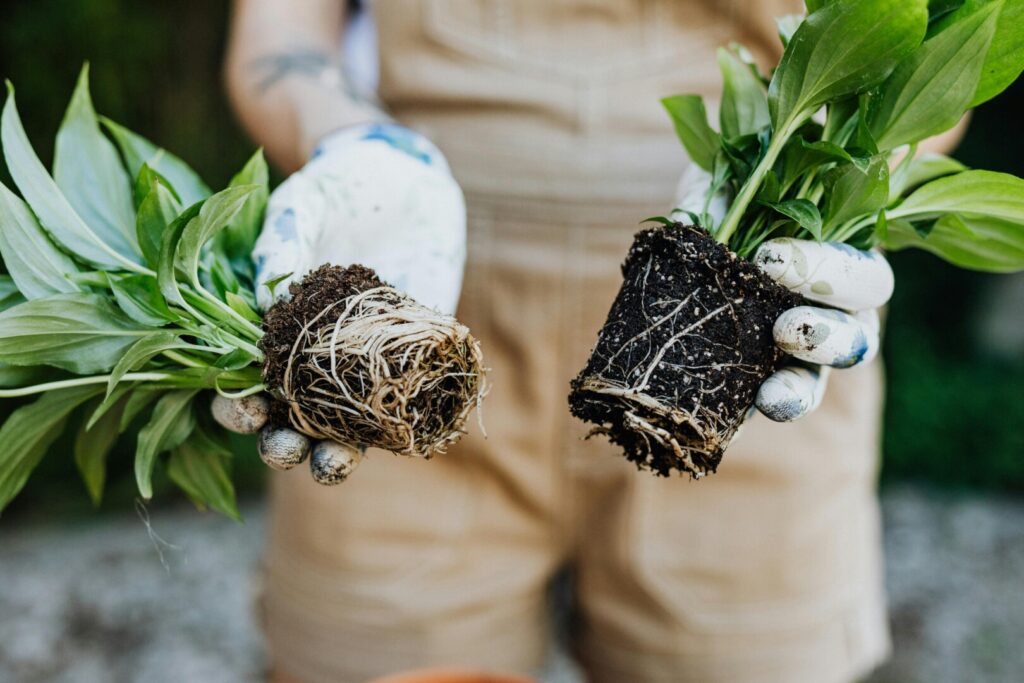The development and use of microorganism-based fertilisers has increased due to the harmful effects on the environment generated by the excessive and/or inappropriate application of chemical fertilisers.
Due to environmental regulations and EU agricultural policy promoting the adoption and use of organic products and organic farming, the agricultural sector in Europe is adopting sustainable practices to ensure long-term food and environmental security. Similarly, as consumer demand for organic foods grows, the area devoted to organic farming has gradually increased.
This has driven an increased demand for biofertilisers that meet these concerns, and beneficial microorganisms, like bacteria and fungi, play a key role in nitrogen fixing and phosphorous solubilisation, which make for more sustainable and ecological farming.
To adapt to this growing demand, fertiliser producers, in many cases in partnership with universities and/or research centres, have developed innovative products based on microorganisms. The legal framework for marketing such products in Europe has therefore also had to be updated to regulate their market entry.
There are currently two different routes to market fertilizers based on microorganism:
Through the European Fertiliser Regulation EU 2019/1009 or through the national laws of each of the 27 EU countries.
Through Fertiliser Law 2019/1009.
This law establishes a harmonised framework for the marketing of fertiliser products throughout the EU. This path ensures that products meet strict safety, efficacy and quality criteria. It is important to underline that Regulation 2019/1009 limits the types of microorganisms that can be used. Currently only 4 specific types are permitted.
- Azotobacter spp.
- Rhizobium spp.
- Azospirillum spp.
- Mycorrhizal Fungi
Opting for the European route under the Fertiliser Regulation 2019/1009 provides a harmonised regulatory framework. This facilitates the marketing of products throughout the European Union. However, the limitation to only 4 types of microorganisms may stop manufacturers from taking advantage of a wider diversity of beneficial strains.
Through the legislation of each Member State.
This option involves registering or marketing the product by means of the national legislation of each EU country. This route provides greater flexibility in terms of the microorganisms that can be used. Unlike Regulation 2019/1009, some countries’ laws do not put such strict limitations on the types of microorganisms that can be used.
Below is a map showing the number of fertiliser or biostimulant products containing microorganisms, legally marketed according to their national regulations in 10 EU countries (products that have been placed on the market through the mutual recognition procedure are not included in the count).

The quality parameters demanded and requirements by national laws vary enormously from one EU country to another. While some smooth the path and facilitate their placement on the market, others require considerable investment and time, with efficiency tests being required in order to obtain marketing authorisation. In the latter case, they may slow down their registration in some countries, although a large number of these kind of products are available in these same markets through the mutual recognition process.
Portugal has been one of the countries to most recently add microorganisms to its legislation. With the recent entry into force of Decree Law No. 30/2022 and Order No. 185/2022 published in 2022, biofertilisers were finally included in the national legislation, which is why the number of registrations is still low, but not because of the requirements.
On the other hand, there is a high number of registrations in Italy, as its registration system based on self-declaration by the manufacturer facilitates their market entry. While it is nevertheless true that surveillance through inspections is frequent to ensure that products comply with the quality requirements set by the Italian regulations.
July 2024
Sun Chemicals Services Team
#Fertiliser #Biostimulant #EuropeanRegulation #NationalLaw #NationalRegulation #MicroorganismsRegistration #FertilisersRegistration #BiostimulantsRegistration #EuropeanRegistrations


